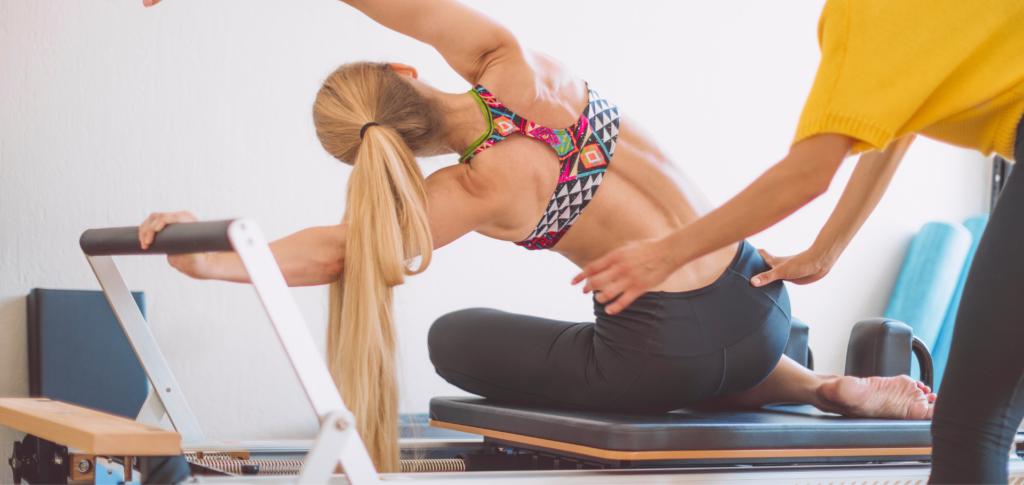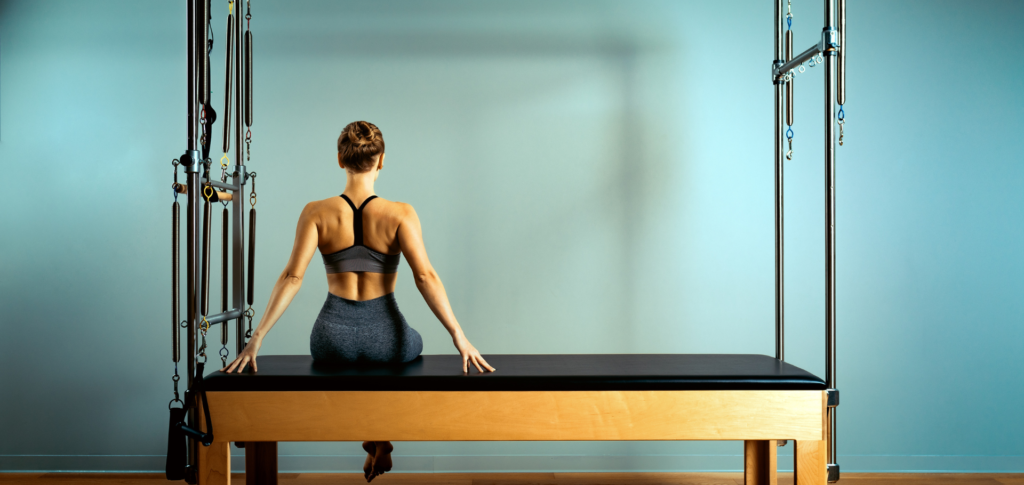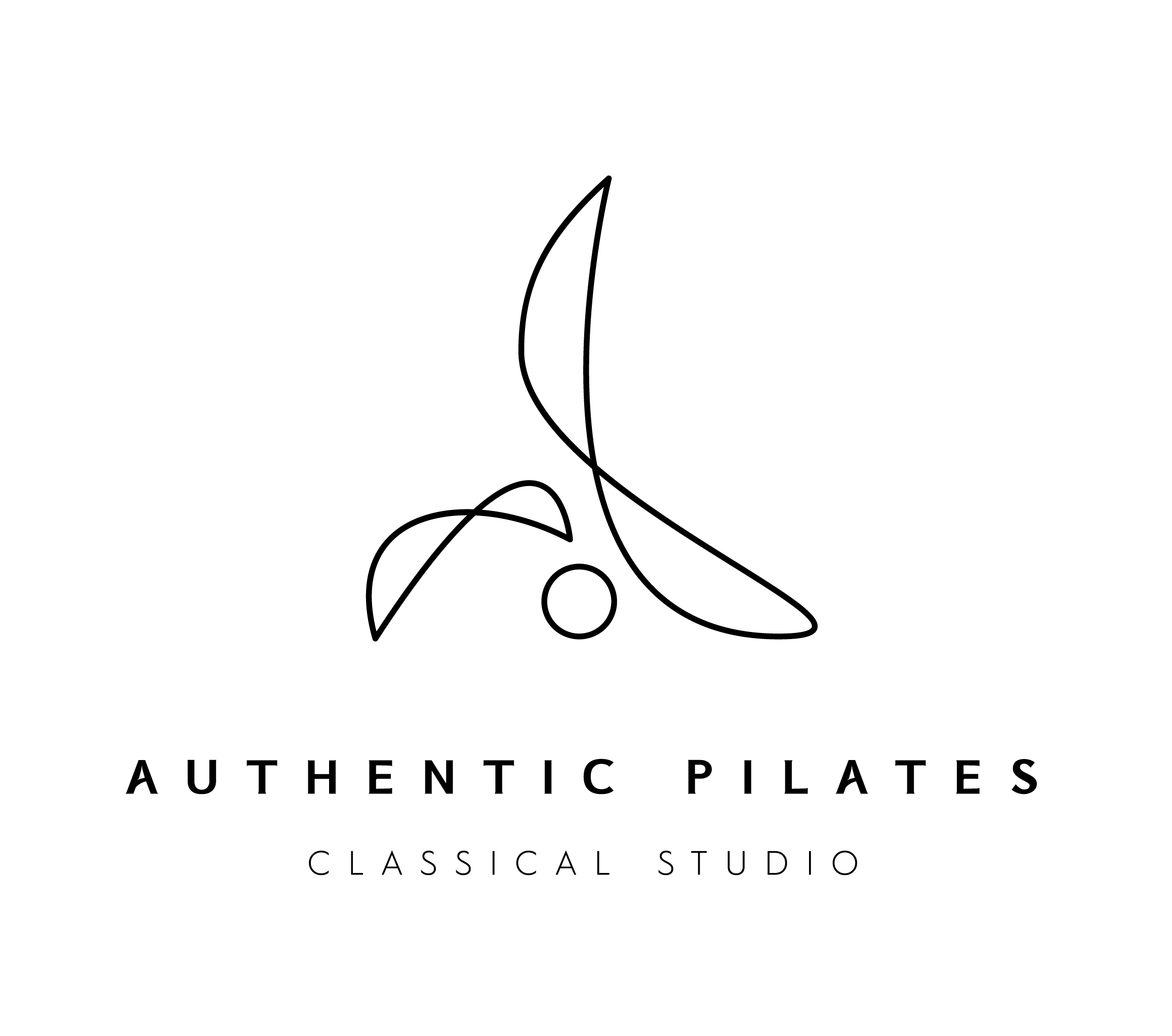Does your instructor’s training matter?
On a recent trip away, a friend invited me over. She was eager to introduce me to her friend. A fellow Pilates instructor. That sounded like fun, we could compare notes, discuss exercises that were tricky to teach, chat about our personal journeys and what had brought us to Pilates etc, A like-minded person. I was eager to meet her. During lunch, the conversation turned to Pilates. I started to discuss the roll-up and asked her if she noticed how some people really struggle with this? Her reply ..” what’s a roll-up?” Ok, different schools have different names. I had her lie down and instructed her through the exercise, “oh that’s a good one” she enthused, “I need to add it to my class.” “So,“ I inquired, “where did you do your teacher training?” Without a sign of embarrassment, she replied “oh, I never bothered with a qualification, I watched a couple of videos on YouTube, and I teach from those.” Taken aback, I asked where she taught and how many people. She replied that she taught in the Town hall for up to 30 in a class. Was she a good teacher? Probably. Was she teaching Pilates? Definitely not! Does it matter? Her classes were full, her clients didn’t know any better, she charged the same as I did, and she was happy. So, does it matter if your instructor is qualified and where they got their qualification?
A friend says she couldn’t give a toss where her instructor studied, Nor whether or not she is classical or contemporary trained. Her class gets her out of the house, gives her a chance to chat with others and gives her her daily dose of endorphins.
If that is your mindset, then where your instructor trained doesn’t make a difference. I’d like to add, that this friend has been doing Pilates for 10 years, and she still has rounded shoulders and a poking forward head. No doubt, if it had mattered, this would have been corrected, but she’s not doing Pilates to do it right, she’s there for the social.
If that’s you, crack on, find the local gym instructor to take you through some moves with balls and flexi-bands, and add music if that feels good, no need to concentrate or control, doing real Pilates really doesn’t matter.
If however, you like to do it right, if you like the real benefits behind the exercise, the promised improvements in posture, the long lean muscles, the muscle control similar to an elite athlete, gymnast or ballerina, then Yes!! Your instructor matters, and where and what your instructor studied matters even more.
The quality of your Pilates instructor can make or break a Pilates class. In fact, if you’ve ever taken a class with an incompetent instructor and then switched to a great teacher, you know this to be true. But what makes one instructor better than another? Training. A comprehensive apprenticeship gives the instructor up to 750 hours of training. Hours of observation, watching other teachers and learning what to look for and how to make corrections. Like a language, the nuances of alignment and correct placement cannot be passed along without a comprehensive and gruelling training program.

So what is Pilates?
Pilates was developed by Joseph Pilates as a comprehensive system of exercise, movement and lifestyle that focuses on body alignment and core strength. It is based on principles of anatomy and physiology which were discovered through years of studying movements in animals to discover how the body works. The basic principles of Concentration, Control, Center, Flow, Precision and Breathing and the goal of understanding these principles have been the foundation on which a great teacher will instruct. Pilates movements can support every individual regardless if they have an injury or condition or are elite athletes hoping to prevent an injury.
The quality of your instructor’s training is directly proportionate to your quality of learning
It’s important to choose a Pilates studio that offers well-trained instructors. When you hire an instructor who has completed the necessary training requirements, you can expect that:
- Your session will be safe and effective. Your instructor is trained in the proper techniques for each exercise, and this ensures that your body is being moved in ways that are beneficial without causing harm or pain.
- You’ll achieve results faster. Good instructors can read your body language, making adjustments as needed so that you get the most out of each rep while avoiding strain or injury. You may find yourself achieving new levels of flexibility sooner than originally anticipated!
- You’ll have great posture and core strength at all times—not just during class! By practising Pilates regularly with an experienced instructor, you’ll be able to maintain good form outside of class as well—allowing for better results and no injuries.

Conclusion
The bottom line is that the quality of your Pilates experience goes a long way in determining whether or not you will benefit from it. If you are looking for an experienced, knowledgeable, and safe practitioner then make sure your instructor has been trained by one of the top schools.
